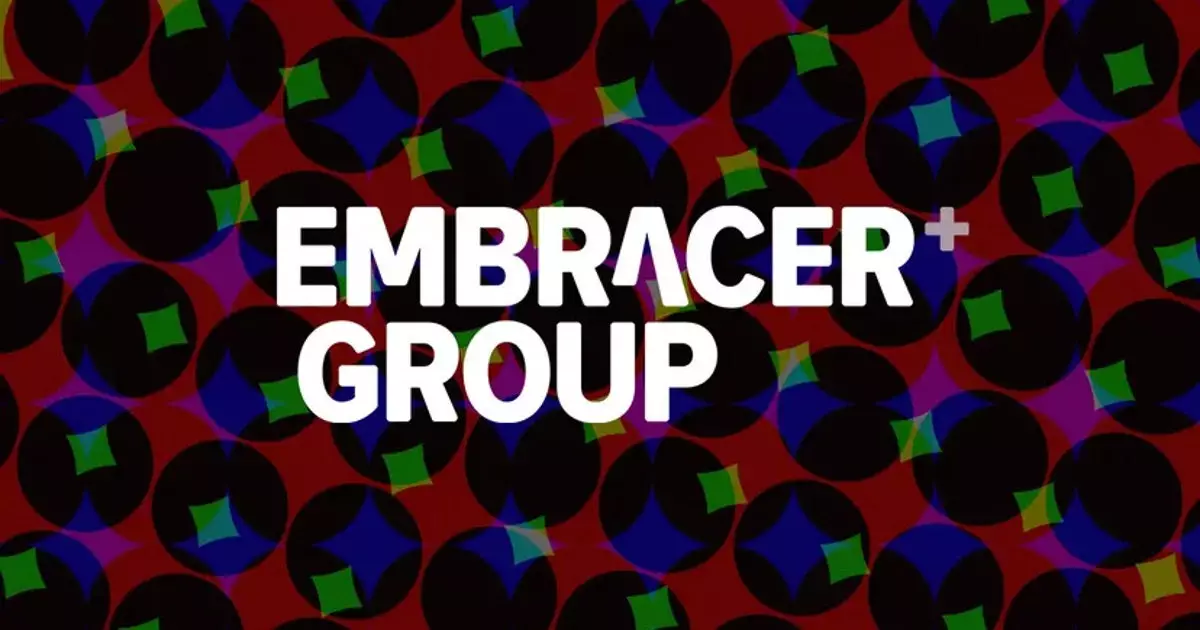The recent announcement of the division of Embracer Group into three separate companies has sparked a wave of discussions within the gaming industry. This move, which will see the creation of Asmodee Group, Coffee Stain & Friends, and Middle-earth Enterprises & Friends, is aimed at streamlining operations and attracting more investors. However, upon closer inspection, there are several aspects of this decision that warrant critical analysis.
While Embracer Group’s decision to divide itself into three distinct entities may seem like a strategic move, there are concerns about whether this is truly a breakup or simply a rearrangement of existing assets. The fact that the investment firm run by Lars Wingefors will retain a significant portion of the capital and voting rights in the new entities raises questions about the level of independence each company will have.
The announcement regarding the division highlights the potential benefits for investors, such as simplified equity stories and clearer operational strategies. However, the emphasis on attracting a larger pool of investors through this division raises concerns about the underlying motives behind the move. It remains to be seen how current shareholders will respond to this restructuring and whether the new companies will deliver on their growth ambitions.
The detailed breakdown of how each new entity will operate sheds light on the focus areas for Asmodee Group, Coffee Stain & Friends, and Middle-earth Enterprises & Friends. While the emphasis on indie and A/AA games for PC/console and mobile is evident, there are lingering questions about the long-term viability of this strategy. Moreover, the inclusion of renowned IPs such as The Lord of the Rings and Tomb Raider adds another layer of complexity to the operational structure of these companies.
The decision to sell off Saber Interactive and Gearbox, along with the completion of the restructuring process, signals a new chapter for Embracer Group. However, the implications of these divestitures and the overall impact on the gaming industry remain uncertain. While there is hope that this division will lead to more focused and efficient operations, there is also a sense of apprehension about the potential repercussions for employees and stakeholders.
The division of Embracer Group into three separate companies represents a significant shift in the gaming industry. While there are potential benefits in terms of operational focus and investor relations, there are also substantial risks associated with this decision. As the new entities begin their journey, it will be crucial to monitor their performance and assess the impact of this division on the broader gaming landscape. Only time will tell whether this move will be remembered as a strategic masterstroke or a critical misstep in the history of Embracer Group.


Leave a Reply